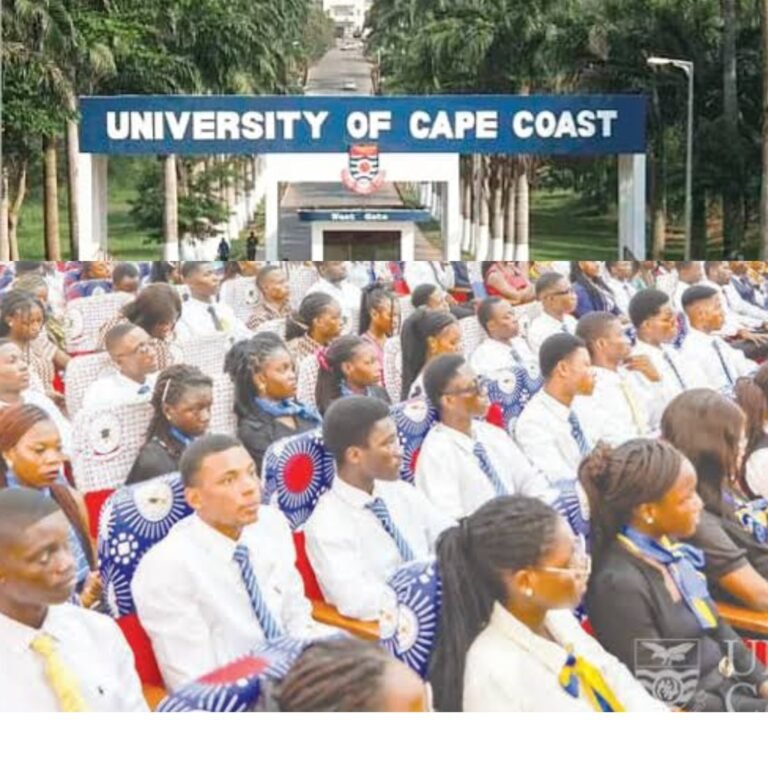
Galamsey operators are exposed to tuberculosis infection due to the nature of their operation, just as smokers and alcohol consumers bear similar risk, the Western Regional TB Coordinator, Lambert Ankomah, has disclosed.
The Western Regional TB Coordinator disclosed this to journalists yesterday in an interaction to mark this year’s World TB Day, dubbed “Invest in TB, Save Life”.
March 24 every year is celebrated as World TB Day to create awareness on the need to fight the disease and eliminate stigmatisation.
Mr Ankomah reiterated that galamsey operators, smokers and drunkards expose themselves to TB infection, advising them desist from such negative acts.
He also cautioned them and TB patients to stop deceiving themselves that the infection could be treated with herbal medicine, emphasising that per research no herbal medicine can cure TB but powerful antibiotics.
The Coordinator said TB treatment at health facilities take not less than six months and urged relations of all infection persons to encourage them go for treatment.
“Diagnosis and treatment at health centers are free. Patients will be doing themselves more harm than good choosing herbal treatments. There are always free drugs for TB patients at the various centers with no shortage for the past four years,” he stated.
Advice
Touching on how to reduce the infection rate, he said it will be prudent on the part of parents to immunise their children right from birth to age 12.
“Although the national infection rate has dropped by 45 percent, thanks to sustained fight against the disease in the last twenty years, a lot more ought to be done to further reduce it. A national prevalence survey conducted in 2013 showed that 143 out of every 100,000 Ghanaians, are infected with tuberculosis,” he disclosed.
According to him, 44,000 Ghanaians were expected to be screened for TB last year but only 14, 000 did, representing 13 percent, were captured with the remaining 67 percent still roaming about.
“In Western Region, a little over 1, 300 out of the expected 3,430 cases were detected, representing 41 percent. This figure is not encouraging with regards to the abundant health facilities in ten, out of the fourteen Metropolitan, Municipal and District Assemblies in the Region have screening machines to detect every TB patient in the community for treatment,” he added.
Mr Ankomah said reports reaching his office indicate that health workers at the various facilities are not utilising the machines, assuring that they will be compelled to do so. He pledged his office’s readiness to embark on vigorous community screening exercises for early detection of TB cases.




